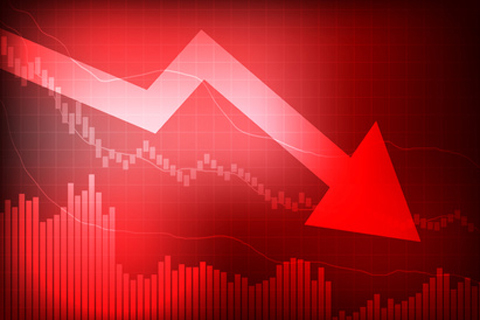EMI slips back below the 50-point mark for the first time in July
by David Fleschen

The S&P Global/BME Purchasing Managers' Index (EMI) slipped back into negative terrain in July for the first time in more than two years. In the month under review, the important leading economic indicator for Europe's largest economy stood at 49.3 points. Not only did it drop by almost three points within four weeks, but it was also below the reference line of 50.0 for the first time since June 2020.
The main reason for the negative development in the manufacturing sector is the biggest drop in new orders since May 2020. According to survey participants, there are a whole range of factors holding back demand. These range from increasing uncertainty and a consequent fall in investment, to skyrocketing prices and overstocking by customers, to ongoing supply chain disruptions.
"The slide of the EMI below the psychologically important reference line of 50 points has already become apparent in recent months," emphasised Gundula Ullah, Chairwoman of the Board of the German Association of Materials Management, Purchasing and Logistics (BME), in Eschborn on Wednesday. The German PMI has fallen continuously since the beginning of the year - apart from a slight upward phase in May. Whether this negative trend will continue will depend, among other things, on the extent of the natural gas supply bottlenecks expected in the coming months.
"If you take the current economic indicators as a yardstick, the economy is weakening, but without collapsing so far. If, on the other hand, one looks at the uncertainties and declining overall demand, a recession is close at hand, which is more than just a technical one," Dr Ulrich Kater, chief economist at DekaBank, told BME on Wednesday.
"The business outlook is currently gloomy. Ongoing supply problems, high inflation rates and rising energy prices continue to hamper production. The German economy is also coming under increasing pressure in terms of demand, as the economy is also clouding over in our most important trading partners China and the USA. The signs are pointing to stagnation," DIHK economic expert Dr Jupp Zenzen told BME on Wednesday.
Dr Heinz-Jürgen Büchner, Managing Director of Industrials, Automotive & Services at IKB Deutsche Industriebank AG, gave the BME the following assessment of the latest development of the EMI purchasing price sub-index: "In addition to the still non-functioning supply and logistics chains - meanwhile low water is also massively disrupting inland waterway transport - the greatest burdens are currently coming from the development of natural gas prices. Russia has further reduced natural gas exports, which has triggered massive concerns that there will be a shortage of natural gas and rationing in the winter. This has catapulted the price of natural gas and subsequently the price of electricity upwards on the exchanges. Since the stocks of many metals on the exchanges are also continuing to decline, prices are also set to rise in autumn. So the industry is not experiencing a relaxed summer holiday at the moment."
Source: BME, Photo: Fotolia

